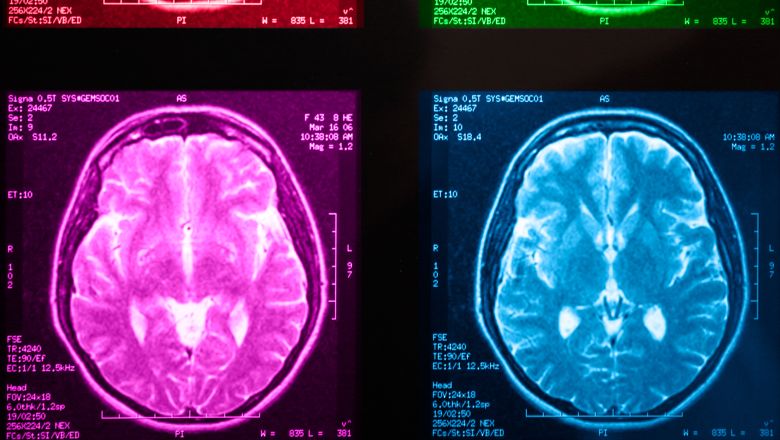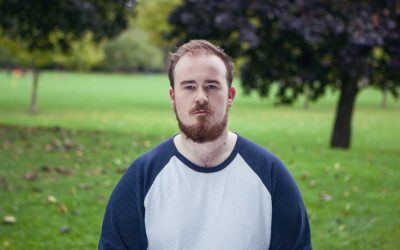Do natural variations in hormones, such as oestrogen, make anxiety disorders more likely? If so does this affect the way people respond to treatment?

Identifying neuromolecular circuits of remote fear memory attenuation
Dr Johannes Gräff examined what exposure therapy can teach us about treating post-traumatic stress disorder (PTSD).
The project
Almost two million people in the UK live with post-traumatic stress disorder (PTSD), which can be caused by anything from military combat to traumatic childbirth.
The condition can cause serious and lasting distress, but remains difficult to treat – often because memories of traumatic events are deeply ingrained.
So Johannes investigated how brain cells are affected when the shadow of traumatic memories is successfully lifted.
The process
Johannes focussed on one of the most effective treatments for PTSD – exposure therapy. This involves helping people to overcome anxiety by exposing them to the source of their fears in a safe environment.
By pinpointing the brain cells involved in exposure therapy, Johannes studied how cell behaviour changes when traumatic memories are successfully targeted and reduced.

Cross-section of the hippocampal region within the brain showing nerve cells (green and red) activated by a traumatic memory
The potential
Results
Johannes’ study uncovered the group of cells vital for storing and reducing traumatic memories – offering hope for testing new interventions.
His results support the notion that re-writing memories – by facing fears – could be the most successful way to overcome a trauma, rather than trying to rationalise or suppress them.
Where next?
By pinpointing the cells that are important for reducing traumatic memories, Johannes has opened the gates to test new, more refined interventions for PTSD.
With more knowledge of how traumatic memories can be reduced, Johannes’ study has moved us closer to not only improving existing treatments for PTSD – but to finding new and more effective treatments, more quickly.

Dr Johannes Gräff focuses on neuroepigenetics – looking at how gene expression changes in response to environmental influences, like psychological therapies.
Was this information helpful?
Related research profiles
Sensitive periods for the effects of depression on suicide risk: a longitudinal study of gene-environment interactions and epigenetic mechanisms
Dr Lussier aims to determine the extent to which child and adolescent depression interacts with genetic susceptibility to influence suicide risk in early adulthood.
Increasing access to social prescribing for people living with severe mental illnesses at risk of cardiovascular disease
People with severe mental illnesses are at high risk of heart disease due to lack of physical activity and social isolation. Social prescribing can help, but is it accessible?


